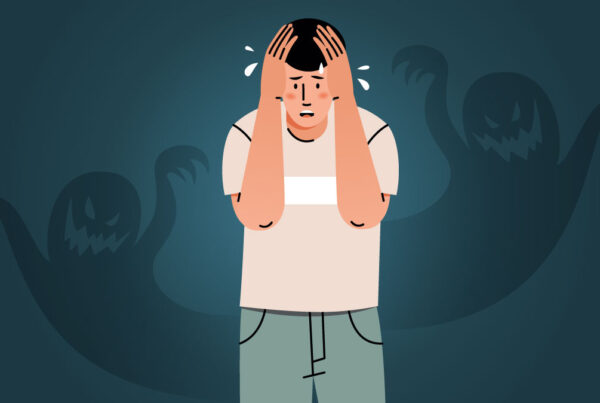In the midst of our fast-paced, chaotic lives, where stress and anxiety seem to dominate, the ancient practice of meditation offers a sanctuary of stillness and healing. Meditation is more than just a relaxation technique—it is a profound journey into the mind, body, and soul, unlocking a wealth of benefits that promote overall well-being.
For centuries, meditation has been embraced by various cultures and spiritual traditions as a means to cultivate mindfulness, inner peace, and self-awareness. Today, modern science validates what sages have known for ages: meditation has the power to heal. From reducing stress to enhancing physical health, its impact on the human body and mind is nothing short of transformative.
One of the most remarkable benefits of meditation is its ability to counteract stress. In a world where chronic stress is linked to numerous health issues, including high blood pressure, heart disease, and weakened immunity, meditation serves as a natural antidote. By calming the nervous system and reducing the production of stress hormones like cortisol, meditation fosters a deep sense of relaxation. As the mind settles into stillness, the body follows, allowing healing to take place at a cellular level.
The power of meditation extends beyond emotional well-being; it has profound effects on the brain. Scientific studies reveal that regular meditation increases gray matter density in areas of the brain associated with memory, learning, and emotional regulation. It enhances focus, sharpens cognitive abilities, and even slows down age-related mental decline. Those who meditate regularly often report greater clarity of thought, improved decision-making, and an overall sense of mental sharpness.
On a deeper level, meditation serves as a bridge between the conscious and subconscious mind, allowing individuals to confront and heal emotional wounds. Unresolved traumas, anxieties, and suppressed emotions often manifest as physical ailments. Through meditation, one can gently release these burdens, creating space for self-compassion, forgiveness, and emotional resilience. The practice cultivates a heightened awareness of thoughts and feelings, making it easier to respond to life’s challenges with grace and patience.
Beyond the mind, meditation has a profound influence on physical health. It strengthens the immune system, lowers inflammation, and improves sleep quality. Individuals suffering from chronic pain conditions, such as migraines or arthritis, often find relief through mindfulness-based meditation practices. By shifting the brain’s perception of pain and enhancing the body’s natural healing processes, meditation empowers individuals to manage their health in a holistic and non-invasive way.
The beauty of meditation lies in its simplicity. It requires no expensive equipment, no specific location—just a willingness to be present. Whether through breath awareness, guided visualization, or silent contemplation, the practice is deeply personal and adaptable to individual preferences. Even a few minutes a day can yield profound benefits, gradually transforming the way one experiences life.
At its core, meditation is more than just a tool for relaxation; it is a path to self-discovery. It allows individuals to connect with their innermost essence, free from the distractions of the external world. Through regular practice, one cultivates a sense of inner peace that extends beyond the meditation cushion and into daily life. Relationships improve, perspectives shift, and a newfound appreciation for the present moment emerges.
In a world that often pulls us in countless directions, meditation serves as a gentle reminder to return to ourselves. It is an invitation to slow down, breathe, and embrace the stillness within. Through its healing power, meditation offers a sanctuary where mind, body, and soul come together in perfect harmony—a testament to the limitless potential of inner peace.




